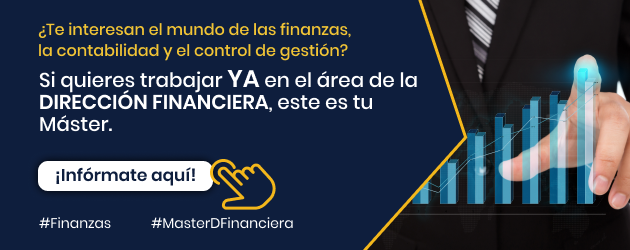e-commerce (popularly known as e-commerce), is the purchase, sale and distribution of goods and services through the Internet or other computer networks.
Taking advantage of the immediacy, accessibility wherever you are, as long as you have a web connection and the possibility of making transactions at any time 365 days a year. This new form of international transactions implies a regulatory challenge for governments and the need to harmonize national and international regulation in a world without borders.
In 1996, the United Nations Commission on International Trade Law created the UNCITRAL Model Law on Electronic Commerce (1996). The purpose of this law is to establish an "internationally acceptable" regulation on which national regulations and the implementation of support instruments such as single windows are based. This law has been adopted by more than 100 countries around the world.
Types of e-commerce
The classification of the different types of e-commerce It is carried out depending on who the agents involved are; end consumers or companies.
The actors involved in these ecommerce transactions that are carried out mainly online are:
B2B. business to business
Commercial transactions where the 2 protagonists are companies
"Business with Business"
B2C. business to consumer
Commercial transactions where one of the protagonists are companies and the other are end consumers, this would be the traditional online store.
“Business with Consumer“
B2G. consumer to bpower plants
Commercial transactions between individuals who sell their goods and services to companies. For example, influencers who collaborate with companies with their image
“Consumers with Businesses“
C2C. consumer to consumer
Commercial transactions between individuals, for example the internet portal as second-hand.
“Consumers with Consumers“
Features of e-commerce
In E-Commerce, no matter who the actors involved are, it means speed and a significant reduction in communication and distribution costs as intermediaries in the commercial relationship disappear.
In the case of products, there are shipping costs that can significantly increase the cost of preparation for the final consumer.
In this new global world, competition in digital commerce has no borders, which implies the need for companies to innovate and differentiate themselves in order to survive in this red ocean that is facilitated by search engines that facilitate natural online positioning or payment through digital marketing actions, in addition to Marketplace that allow you to sell anywhere in the world without having infrastructure to export

Regulation of e-commerce
The regulation of ecommerce in Spain part by rules that equate it to traditional commerce such as; The Commercial Code, the Intellectual Property Law or the general law for the defense of consumers and users or the law for the organization of retail trade, among others, regulations that have clearly become obsolete and that must be adapted to our commercial practices. .
Although there is specific regulation that regulates electronic commerce Law 34/2002, of July 11, on the Law on Information Society Services and Electronic Commerce (LSSI).
“The main purpose of the LSSICE is to protect the rights of consumers and users of products and services through the Internet.”
Failure to comply with the LSSICE carries sanctions that can range from 30,000 euros for the mildest cases to 600,000 euros for serious non-compliance.
With the Master in Financial Management, you will be able to train to carry out comprehensive management within companies adapted to new technology.




































